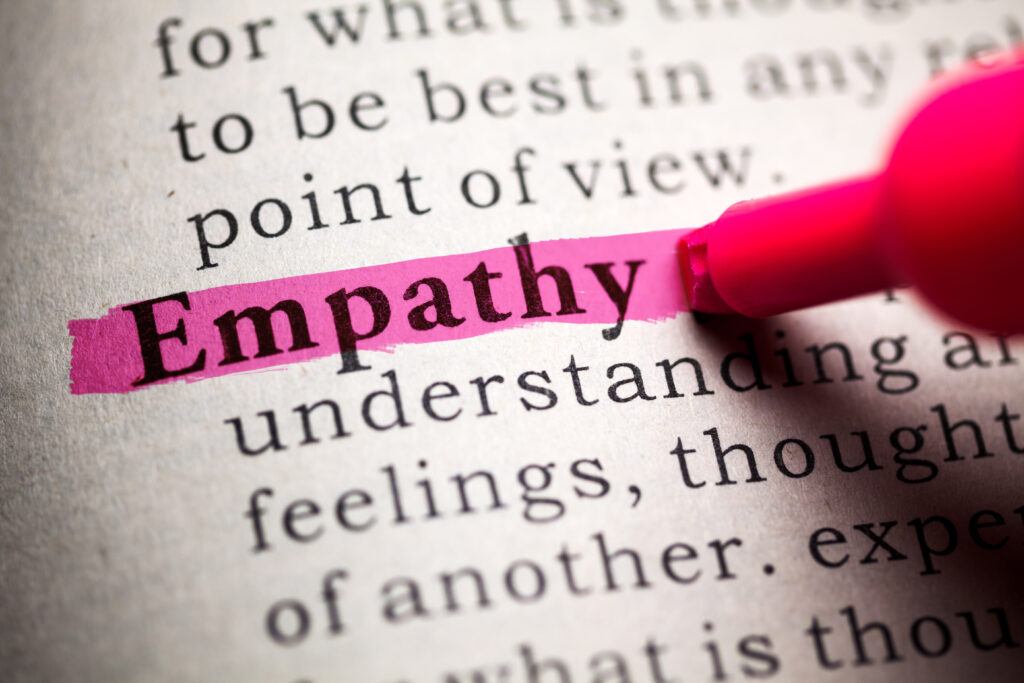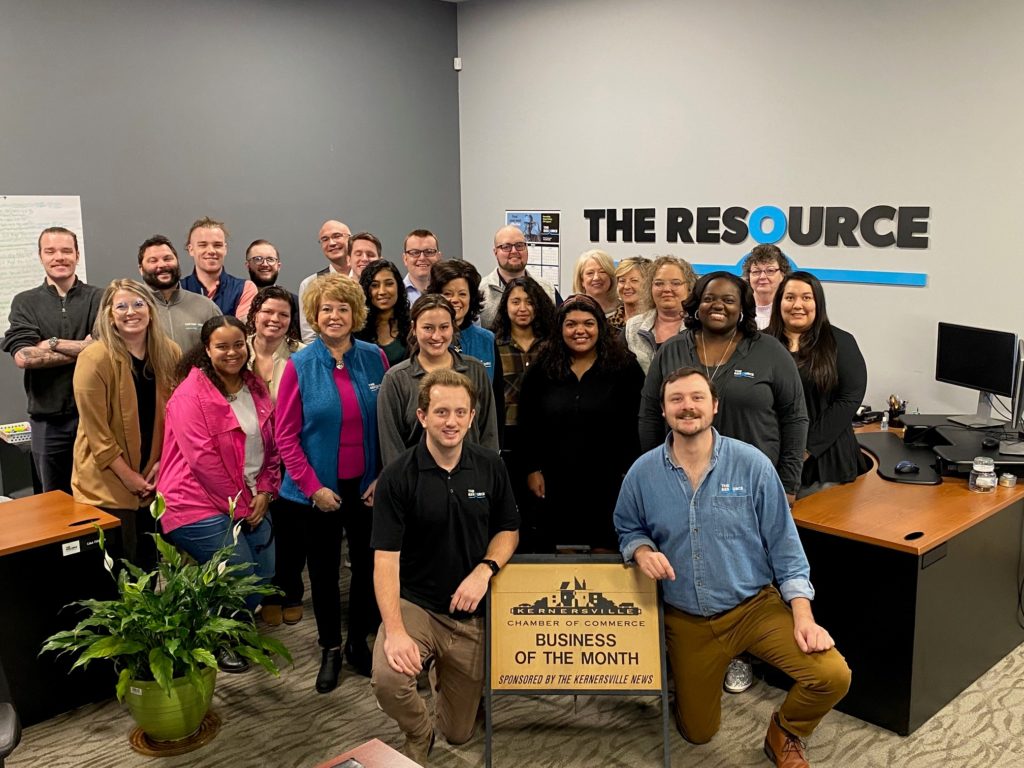In a world dominated by technological advancements, it's comforting to know that some skills remain exclusively human. One such skill is the art of crafting a job description. Although AI can do many remarkable things, it can't quite capture the unique essence of a job the way a person can. AI may crunch numbers and analyze data, but it doesn't possess the unique ability to grasp the nuances of a company's culture. A well-written job description doesn’t just list qualifications and responsibilities; it reflects the company's values, mission, and work environment. A human can infuse these descriptions with personality, ensuring that they resonate with the target audience. AI’s fondness for buzzwords and jargon makes it prone to turning job descriptions into a mumbo-jumbo of corporate-speak. A human’s sheer delight in achieving clarity and simplicity in their writing enables them to distill complex concepts into easily understandable language that speaks directly to current employees and potential candidates. Although AI can generate job descriptions based on data it’s given, it doesn't possess the human ability to envision the ideal employee or candidate. A human writer knows how to speak directly to that one perfect fit for the job, tugging at their heartstrings and career aspirations with personalized words. After sharing stories for centuries, humans understand the power of storytelling better than any artificial intelligence could. Job descriptions should tell a story about the role and the organization. AI might be efficient, but it can't craft narratives that evoke emotions and drive candidates to apply. A human writer can make a job sound like an exciting adventure rather than just another daily grind. Perhaps the most significant difference between humans and AI in crafting job descriptions is the human touch. People understand the importance of empathy, emotional connection, and cultural alignment. Job descriptions need to convey not just the job itself but the experience of being part of a team. Human writers can sprinkle in humor, empathy, and a dash of personality that AI can only dream of. Despite AI’s impressive capabilities, writing job descriptions is a task best left to human professionals.Understanding the Company Culture
Navigating the Buzzword Jungle
Tailoring to the Ideal Candidate
Storytelling
The Human Touch










